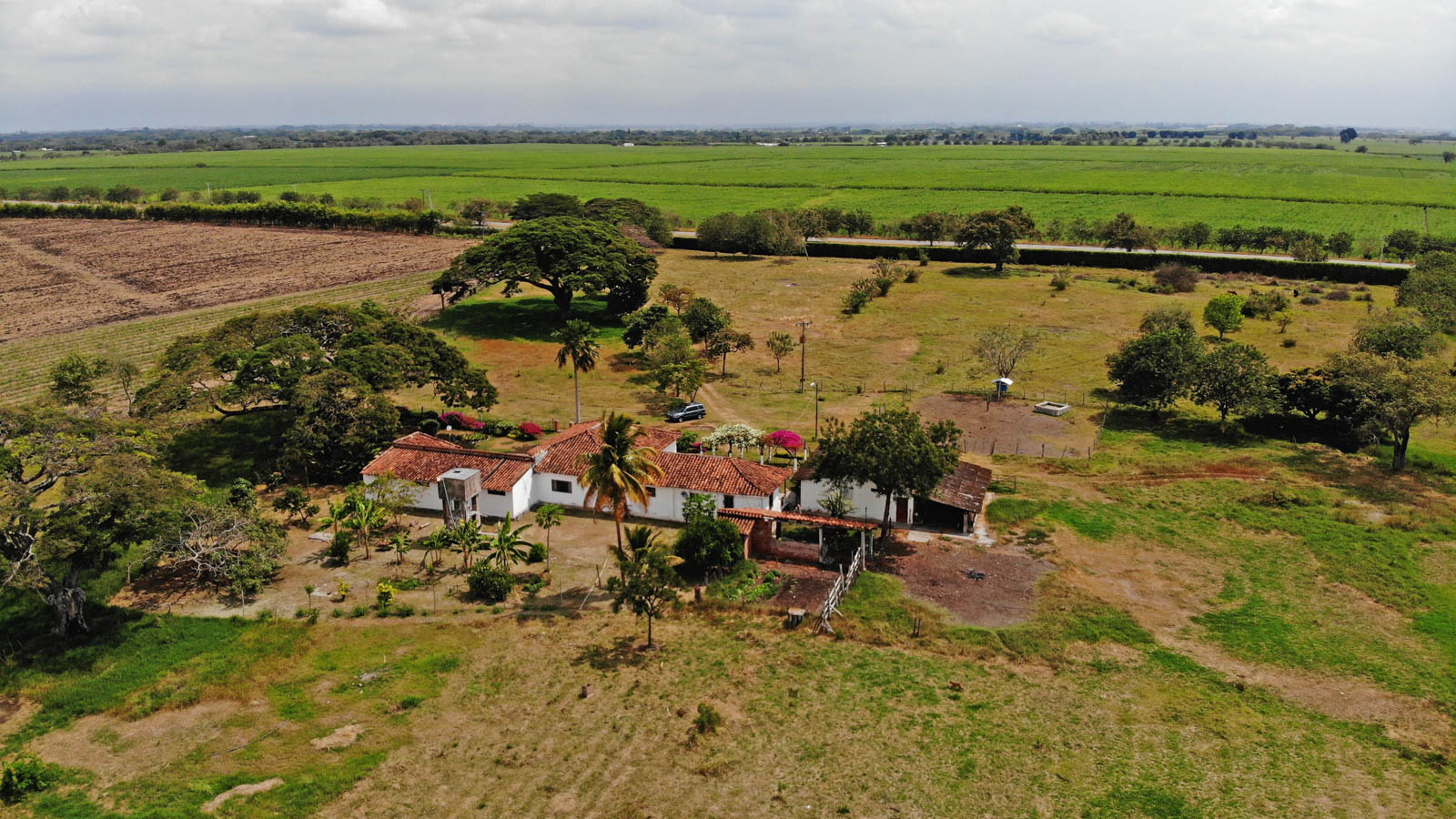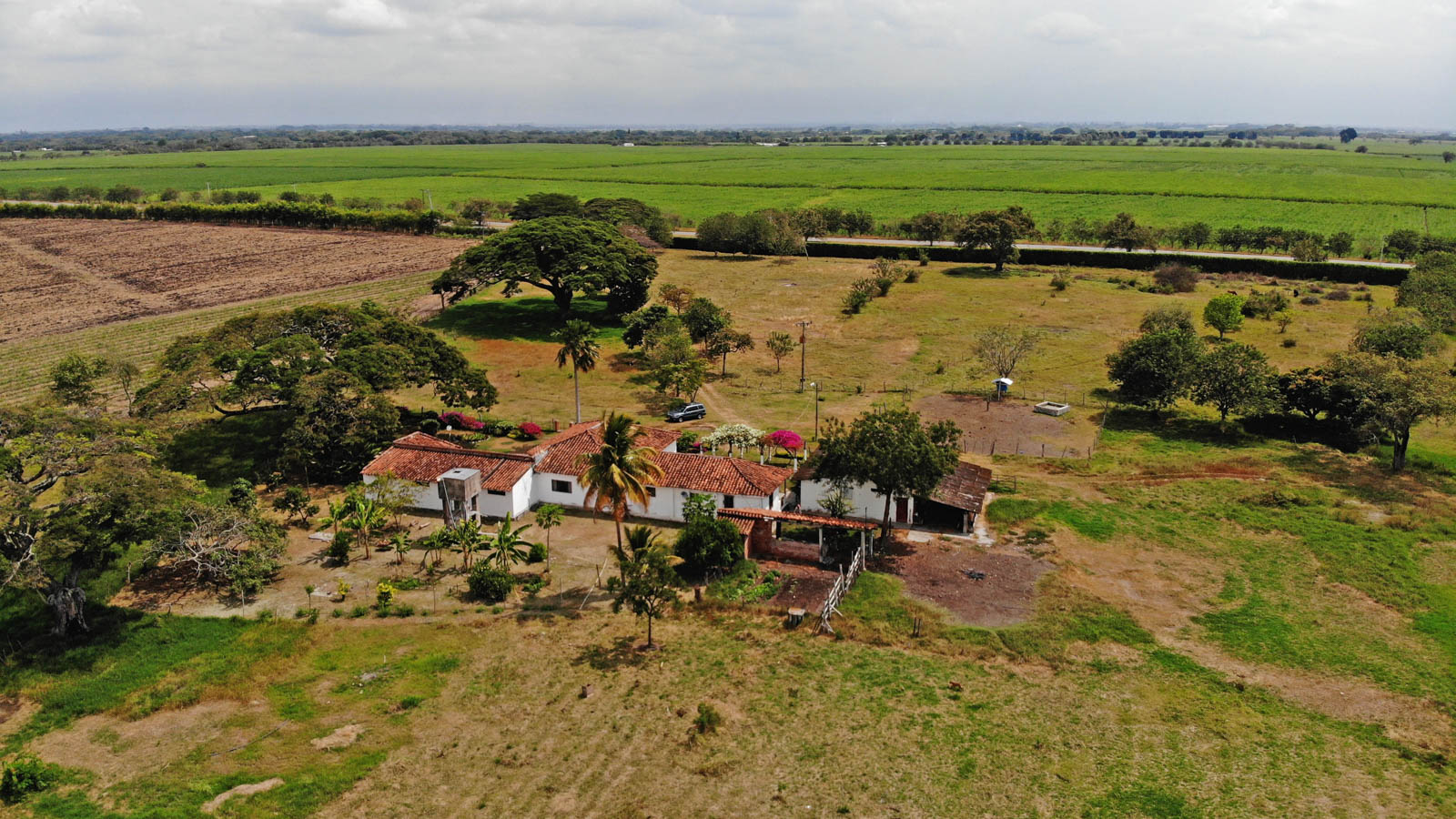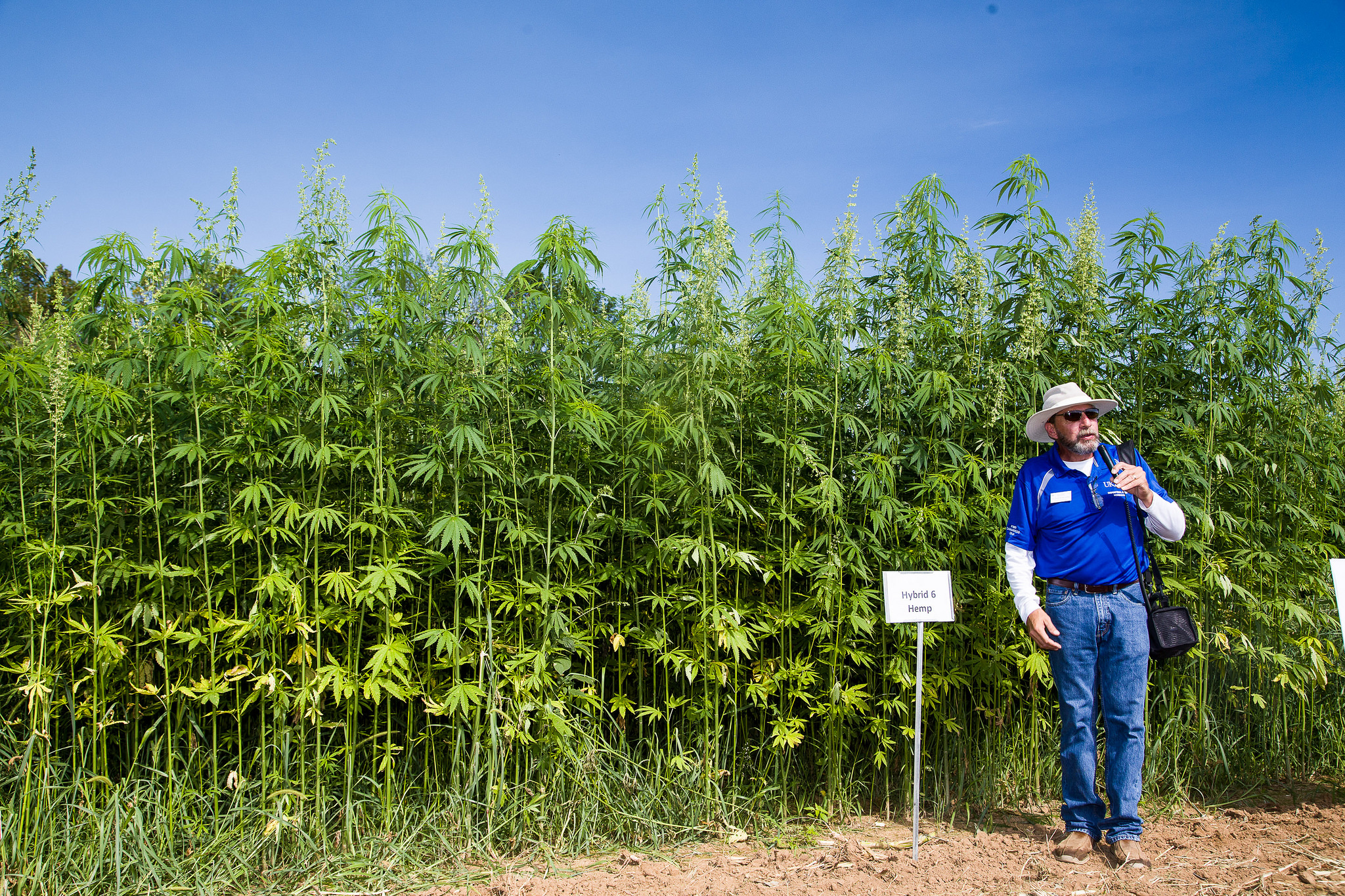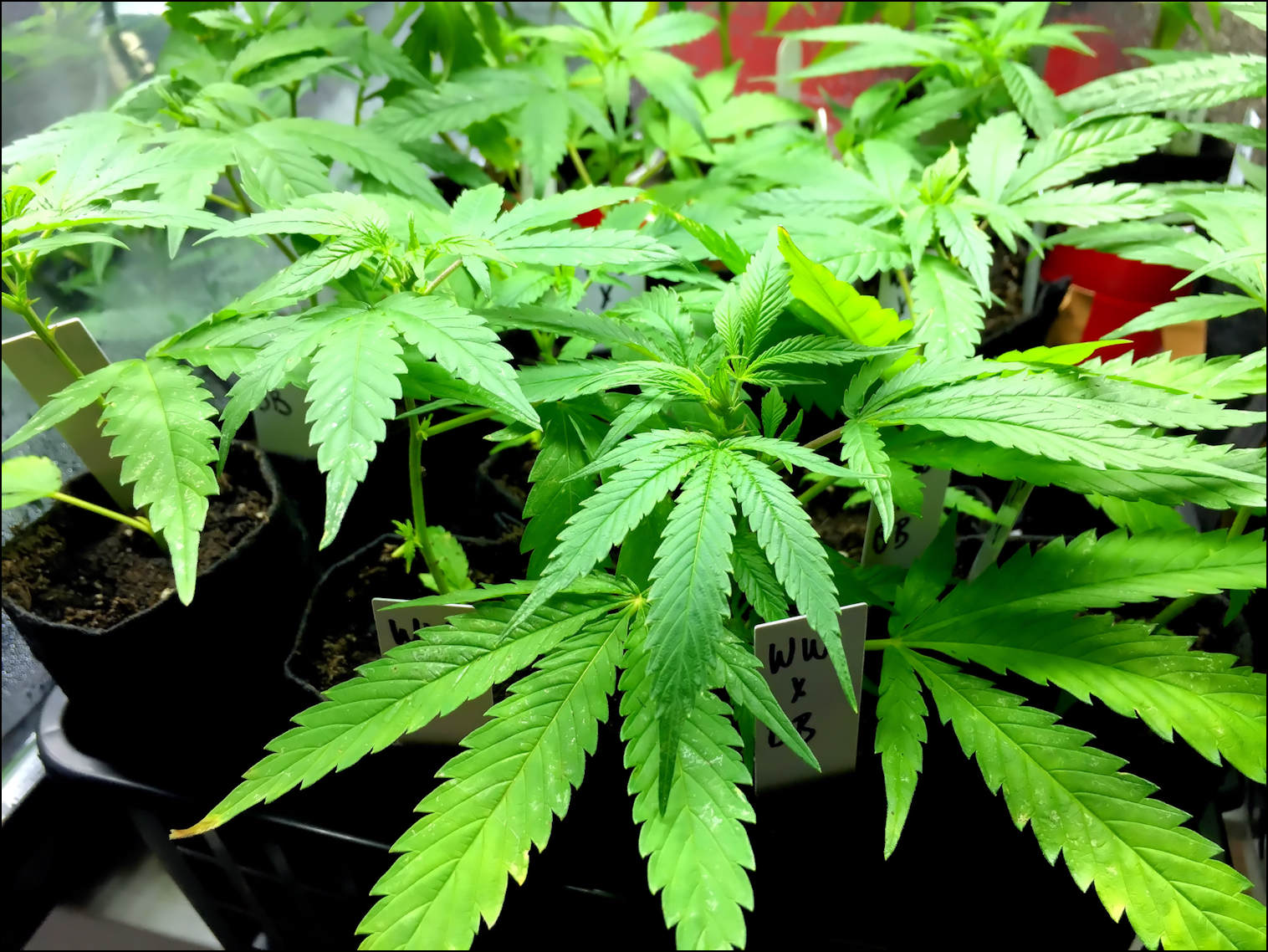
Beginning in 2019, Made in Colombia could have a whole new cachet in the cannabis world. Forget guys in fatigues loading bales of weed onto twin-engine Cessnas on a jungle airstrip — this will be deals inked in corporate boardrooms in Toronto, Cali, and Medellín, orchestrating the export of high-quality extracts and other products that will be sent legally around the world.
It’s been “game on” for regulated cannabis in Colombia since 2017, when a legal framework, Decree 613, was implemented after being passed a year earlier. And although some have expressed concern that right-wing President Iván Duque of the Democratic Center Party might derail progress, his resistance has been more national and granular in nature and won’t affect the country’s overall framework for legal medicine, science, and export.
So what does the future hold for Colombia’s legal cannabis industry? As far as capacity, the potential is massive, which should come as no surprise, considering the country’s unrivaled illicit pedigree stretching back decades.
The International Center for Tropical Agriculture (CIAT) located on the outskirts of Cali, Colombia, is partnering with cannabis entrepreneurs to improve farming practices and advance plant research. (Photo by Eric Lloreda)
Andrés López, director of Colombia’s National Narcotics Fund (FNE), a governmental oversight entity, affirmed in a 2018 interview with national news outlet El Tiempo that for the second year in a row, the United Nations-affiliated International Narcotics Control Board authorized the country to produce 40.5 tons of cannabis. That represents 44 percent of the global total for the medical market.
Reality on the Ground
Canadians have moved into Colombia’s cannabis sector the fastest. With no federal obstacles impeding them, Canadian companies are wasting no time planting their flag in Colombia, creating partnerships and securing a vital supply conduit for both their domestic market as well as international opportunities in Europe and elsewhere. As of March 2019, the government had issued more than 300 licenses to Colombian entities for cultivation and related activities. Two of the most prominent players, publicly traded PharmaCielo and Khiron Life Sciences, are Canadian subsidiaries that benefit from millions of dollars invested by their parent companies for grow operations, lobbyists and marketing.
But there’s another level of player on the field in Colombia. These are fast-moving startups helmed by younger entrepreneurs, some even earning degrees from U.S. universities. Completely homegrown and without the resources of bigger competitors, Canadian venture capital money, or well-connected pharmaceutical executives serving as board members, they provide a unique perspective on the forces shaping the industry, one that Colombian trade group ProColombia, predicts will be the country’s fifth largest.
Much like a Silicon Valley startup, these “garage” operations might become the next Apple — or they may flame out. Forced to take chances to catch up with the big guys, they’re more likely to attempt innovations that might become the pro forma business practices in the years ahead.
In this video, a drone fly-over reveals the past, present, and future of the Valle del Cauca. Tall stands of sugarcane (right) and a traditional finca, or estate, with its adobe-walled house shaded by centuries-old nispero trees (center) reflect the valley’s past and present. To the left and upper left, land being prepared for legal cannabis cultivation represents the debut of a new cash crop that many predict will surpass sugar and reshape the region. (Video by Eric Lloreda)
One such company that fits this profile is LifeLine Pharma, a cannabis start-up based in Colombia’s Cauca Valley, a fertile river valley ringed by the towering Cordillera Occidental mountains. Known for its prodigious output of sugarcane, rice, and avocados, the Cauca Valley also contains Colombia’s third-largest city, Cali, which became synonymous with the powerful cartel that formerly controlled the world’s cocaine supply. While the days of the powerful narco empire are in the rearview mirror, what remains is an abundance of low-cost agricultural expertise, and a perfect climate for growing cannabis, which has been grown illicitly throughout the valley for decades.
What is very different now, however, are the personalities involved with legal cannabis. Oscar Libreros and Hossein Shadanlou, the co-founders of LifeLine Pharma, are in their late 30s, sport a preppy style, earned U.S. university degrees, and have a business plan that includes collaborating with a nonprofit to share technology and improve crop yields to reduce food scarcity worldwide. Like others in the regulated industry, they also qualify for cannabis industry licenses, which are forbidden under Colombian law to anyone with a drug-related conviction.
“We’re just taking a page from the sugarcane industry,” said Shadanlou, who launched the company in 2017 with Libreros, his business partner and fellow graduate of Northeastern University in Boston. “The farm we’re growing on has been in my family for 150 years, so there is a legacy, a history with agriculture. Only now, it will be legal cannabis.”
Shadanlou’s Colombian mother and Persian father met in Washington D.C., and he grew up in the area, but spent extended periods of time at the family finca, or farm, outside of Cali. After his mother developed chronic pain issues, he took time out from his Boston-area nightclub and yoga studio businesses to learn more about cannabis. He moved to Colorado to learn about the legal cannabis business, then decided it was time to take that expertise to Colombia.
Along with Libreros, who comes from a private banking background, the two are now bootstrapping an operation that was started with $250,000 of their own money. They recently completed some successful beta grows on the family-owned 10-acre parcel that will ultimately contain 39 open-air greenhouses when they go into full production later in 2019. Adjacent is another 220-acre parcel, now bristling with sugarcane, that is planned for cannabis cultivation when the company scales-up.
Various greenhouse designs at the International Center for Tropical Agriculture help optimize research on growing environments for crops such as rice, cassava, beans, and potentially, cannabis. (Photo by Eric Lloreda)
The road to get here, however, has not been easy. The partners have endured more than two years of bankers closing the door in their faces, wrangling with evolving government policies, and watching deep-pocketed competitors use lobbyists and insider connections to move ahead more quickly.
“One of the main problems we’ve had is the alignment of the different government agencies that are set to control and supervise the industry,” Libreros said in near-perfect English. “Take into consideration that every adjustment in regulation, every change of the law, has translated into more time and money for us. We’re funding this with our own money and it adds up fast.”
Finding the right people to work with them also has been a challenge. Libreros said it took them a year to find the right legal team, adding that they were even approached by politicians offering to expedite the licensing process for the tidy sum of $100,000. Instead, the young founders opted to go it on their own, jumping through bureaucratic hoops at the end of 2018 just as the regulatory window closed. With documents filed and requirements met, they’re now awaiting the issuance of three out of the four highly coveted licenses available from the government.
Innovation and Collaboration
To classify as a start-up implies a company is doing something disruptive that will leapfrog them ahead of competitors and set new industry standards. That’s what LifeLine Pharma is now attempting by staking out new turf using a novel research and development approach: They are collaborating with a mainstream agricultural research center — something unique within Colombia.
LifeLine’s partner in this enterprise is the International Center for Tropical Agriculture (CIAT), a not-for-profit research center set on a 1,500-acre campus of low-slung buildings, greenhouses and test grows on the outskirts of Cali, where urban congestion gives way to sugarcane fields and centuries-old níspero, or loquat, trees. Founded by the Rockefeller Foundation in 1967, CIAT works with governments, researchers, non-governmental organizations (NGOs) and companies devising ways to reduce hunger and maximize yields of crops such as rice, cassava, and beans. Now cannabis will be in the mix as well, as LifeLine is setting up a lab there.
LifeLine Pharma co-founder Oscar Libreros, far right, oversees a team as they strategize lot placement plans for various cannabis strains that will be planted directly into the soil, not containers. (Photo by Eric Lloreda)
Fully onboard with the plans of the new tenants is Edwin Giraldo, the director of the Parque BioPacífico, the sprawling agro-industrial park and startup incubator that is home to CIAT.
“It’s important to the mission of BioPacifico that companies invest in this region and introduce new technologies,” Giraldo said. “I believe the regulated cannabis industry represents just such an opportunity, especially in areas affected by our past civil conflict. Overall, the regulated industry will have a positive economic impact on families and will allow for significant development.”
In the case of LifeLine Pharma, its initiative will be developing new extraction technologies and other modalities that can be applied to cannabis and other crops, including new ways of isolating terpenes, developing biodynamic pesticides, chemical-free nutrients, and other technological innovations for agriculture. As part of the cooperative agreement, the company will share the results with CIAT, which can then apply them to, say, a cassava program in Rwanda or a rice-growing initiative in the Philippines.
“We are one hundred percent committed to a scientific approach, and that’s why we are here at CIAT,” Libreros said. “It’s not just extraction, but through the whole process — selection of seeds, development of genetics, bespoke biodynamic phytonutrients. And we’ll be donating all the information we get from these studies to CIAT, creating a two-way flow of innovation and support. Essentially we are creating a research-driven cannabis branch for CIAT.”
Featured Image: An agricultural estate in the Valle del Cauca is being transitioned from sugarcane to cannabis as the main grow site of an ambitious cannabis startup, LifeLine Pharma. (Photo via Eric Lloreda)















